Fish on Farms: An Introduction
Fish on Farms: The Purpose
When I first heard about this project in my International Nutrition course (FNH 355), I was immediately compelled to it and it was easily one of the most interesting research projects I have gotten to learn about while here at UBC. It’s also slightly mind boggling to know that I am now a part of this massive nutrition project here in Cambodia! Anyways, there are a lot of aspects to this project, but the easiest way to summarize the main research question of this project is studying whether or not integrating Homestead Food Production (HFP), through building fish ponds and home gardens, into the lifestyle of families living in rural areas of Cambodia, will impact their nutritional status, income levels, food security, and also the status of women in the community. The reason why we are looking at fish ponds instead of other livestock options, is that fish is a much more common food source compared to chicken, pork or beef. In addition, the fish raised can also be consumed whole, thus there are additional nutritional benefits from consuming the bones and organs of the fish. You would think that it’s quite obvious that having a greater food source would equate to better health outcomes and that tons of research has been done on this already, but this project is actually the first kind of its nature, and actually the first randomized controlled trial looking at the effects of HFP using fish ponds. This project is a collaboration between UBC and Helen Keller International (HKI) and I’m currently working as a summer intern from the HKI office based here in Phnom Penh, Cambodia.
We are measuring the outcomes of this project through a variety of means, which makes this project actually quite intensive. We are using anthropometric measurements (e.g. height, weight, BMI), mid-upper arm circumference (checks for acute malnutrition), micro-nutrient levels through blood samples (e.g. Hemoglobin (Iron) levels, Thiamine), blood cell counts, 24-hour food recalls, case studies and interviews, all to assess the nutritional impact of this project. It’s actually been such an amazing experience to see the all these methods I memorized and studied for class being practically used out in the field, and I’m surprised that I can still recall the details.
My role in this project is going to be quite dynamic over the next two months and will shift accordingly depending on what needs to be done in priority. But currently, I am going to be responsible for conducting some case studies for this project and that will entail interviewing mainly mothers of the households and trying to create a unique perspective on the project from the participants’ point of view. This information will be really important in terms of how the project will be carried forward because if the results of this project are successful, there is a high chance that this project will be upscaled to other areas of Cambodia. Therefore, on some days I will be out in the field collecting data, making observations and conducting interviews, but I will also be here in the office compiling my notes and doing preliminary data analysis for the project. The fish ponds have actually all been built already and we are currently in the middle of doing end-line assessments so that we can compare the results to baseline and also across the different groups. Thus, the next couple weeks in the office are going to be hectic in terms of inputting all the data into the computer, filtering the results and conducting preliminary analysis which will all be extremely exciting!
Helen Keller International: Summer Internship
In addition to Fish on Farms, there are also a lot of mini side projects that I’m currently working on because HKI has close relationships with the Royal Government of Cambodia and HKI is constantly asked to write reports on the nutritional status of the country and how nutrition in the country will move forward in the future. In just the first couple days of arriving, I’m already working on a National Nutrition Strategy Paper that outlines the country’s progress in nutrition since 1992 and what the strategies, policies and projects that will need to be employed moving forward. The paper will be used by the government and also be presented at the next International Conference on Nutrition (ICN), hosted by WHO and FAO, in Rome around November 2014. It’s slightly overwhelming, and government officials have already been calling asking when the paper is going to be finished. Therefore, work is already getting quite busy, and I’ve been reading an abundance of papers about the nutritional background of the country and just trying to get a sense of what the major nutritional needs currently are. It’s actually been really helpful in terms of helping me obtain all the background and introductory information I need (and should) know and will definitely help me become better informed when working on future projects here at HKI. Anyways, the first week here in Cambodia has been absolutely amazing and I’m extremely hopeful and excited about the work that I’m going to be doing for the next two months!
Cheers.
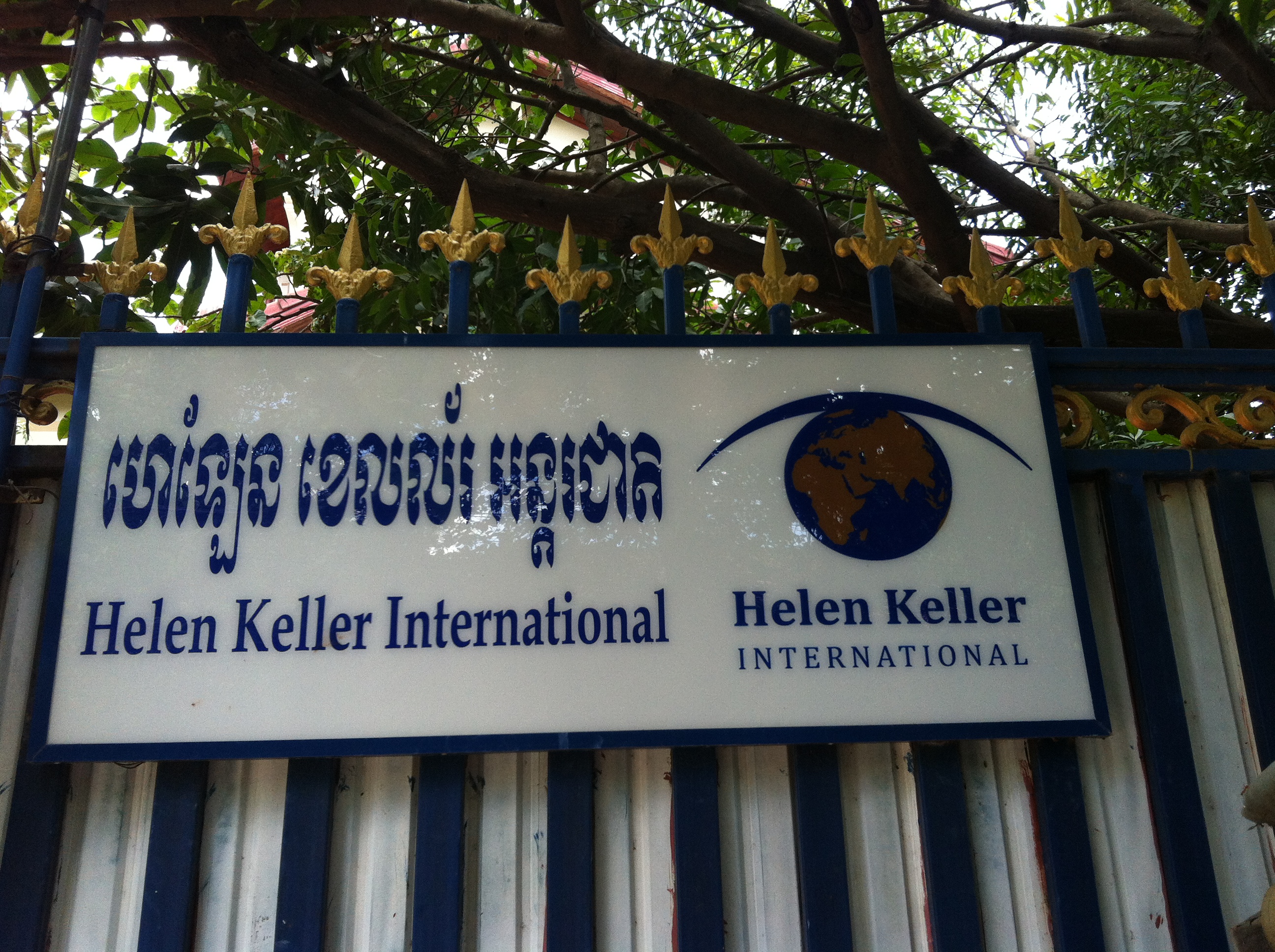
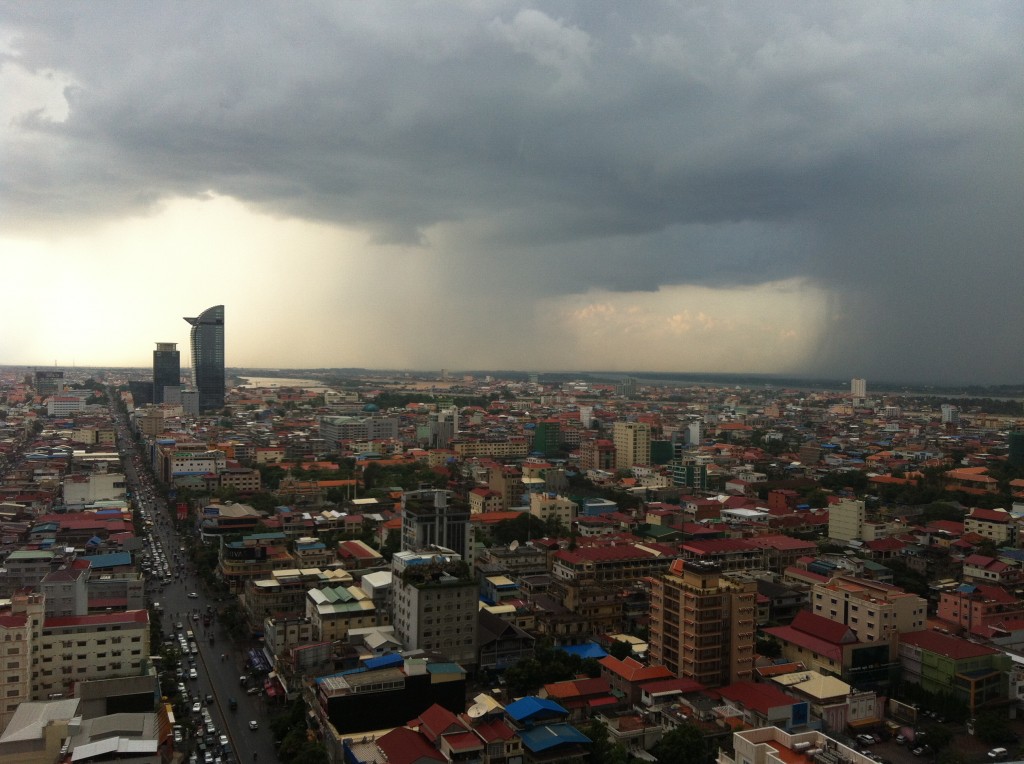
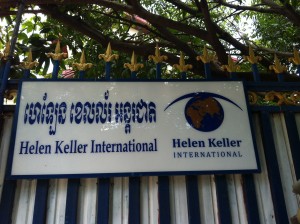
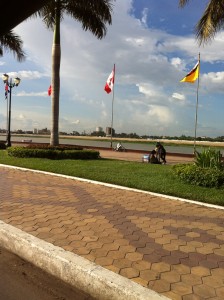
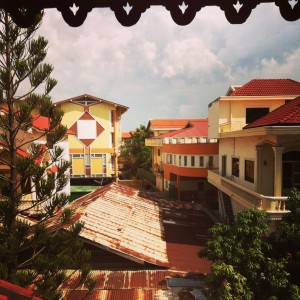
Looks awesome Jeff! I can’t wait to see more of what you’re up to.